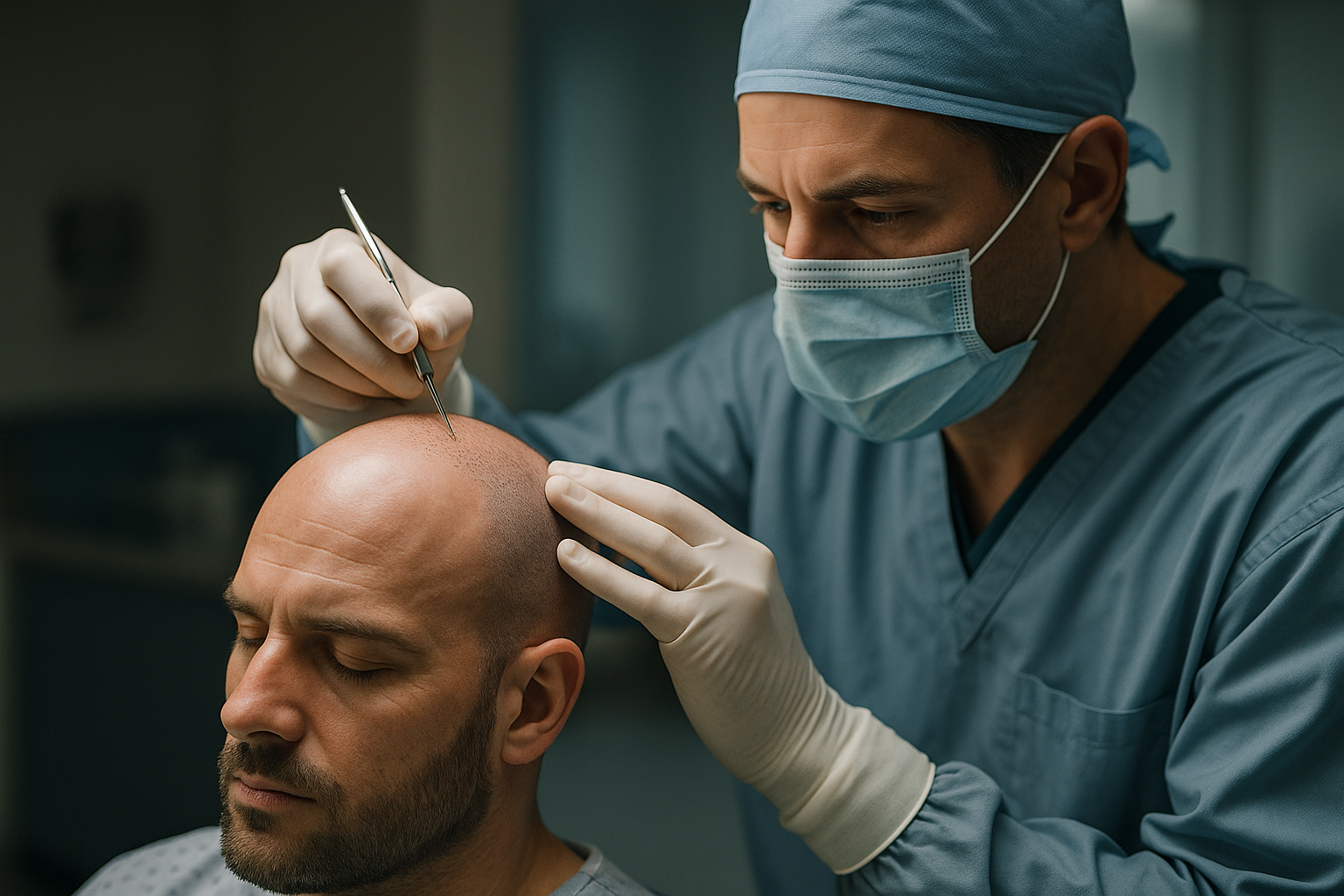Plastic Surgery: What They Never Tell You
Plastic surgery has evolved from a niche medical field to a mainstream option for millions seeking aesthetic or reconstructive changes. While social media showcases stunning transformations and celebrities openly discuss their procedures, there are crucial aspects of plastic surgery that often remain unspoken. Understanding the complete picture—from realistic expectations to hidden challenges—can help you make informed decisions about whether cosmetic procedures align with your goals and circumstances.

How Does Plastic Surgery Actually Work — and Is It Safe?
Plastic surgery encompasses both reconstructive procedures to restore function and cosmetic surgeries to enhance appearance. The process typically begins with detailed consultations where surgeons assess your anatomy, discuss realistic outcomes, and explain the specific techniques involved. Modern plastic surgery relies on precise incision placement, tissue manipulation, and advanced closure techniques to minimise scarring and optimise healing.
Safety depends heavily on surgeon qualifications, facility accreditation, and your individual health status. Board-certified plastic surgeons complete extensive training and must meet strict standards, while procedures performed in accredited facilities follow rigorous safety protocols. However, all surgeries carry inherent risks including infection, bleeding, adverse reactions to anaesthesia, and unsatisfactory results that may require revision procedures.
How Much Does a Nose Job Cost in 2025?
Rhinoplasty costs in Australia typically range from $8,000 to $20,000, depending on the complexity of the procedure and surgeon’s experience. Primary rhinoplasty generally costs less than revision surgery, which can address complications or refine previous results. Additional expenses include anaesthetist fees, facility costs, and post-operative care, which can add several thousand dollars to the total investment.
Geographic location significantly impacts pricing, with metropolitan areas generally commanding higher fees than regional centres. Some patients consider medical tourism for lower costs, though this approach carries additional risks including limited follow-up care and varying international standards.
How Long Is the Recovery After Breast Augmentation?
Breast augmentation recovery varies significantly between individuals, but most patients can expect initial healing within 2-4 weeks. The first week typically involves managing discomfort, swelling, and restricted arm movement. Many return to desk jobs within a week, though physical activities remain limited for several weeks.
Complete recovery extends much longer than many anticipate. While visible swelling subsides within months, internal healing continues for up to a year. Implants may feel firm initially, gradually softening as tissues adapt. Exercise restrictions often last 6-8 weeks, and some patients experience temporary changes in sensation that may persist for months or, rarely, permanently.
Where Can I Get Affordable Plastic Surgery Without Compromising Quality?
Finding affordable plastic surgery requires careful research to balance cost considerations with safety and quality standards. University teaching hospitals sometimes offer reduced fees when procedures are performed by resident surgeons under experienced supervision. Some established surgeons provide payment plans or seasonal promotions, though be wary of heavily discounted procedures that may indicate substandard care.
Regional centres often offer lower costs than major metropolitan areas while maintaining quality standards. However, proximity to your surgeon for follow-up care remains important. International options exist, but consider additional costs for travel, accommodation, and potential complications that require local treatment.
| Provider Type | Location | Cost Range (AUD) |
|---|---|---|
| University Hospital | Major Cities | $5,000 - $12,000 |
| Private Practice | Metropolitan | $8,000 - $25,000 |
| Regional Surgeons | Regional Areas | $6,000 - $18,000 |
| Medical Tourism | International | $3,000 - $10,000* |
*Additional costs for travel, accommodation, and potential follow-up care in Australia apply.
Prices, rates, or cost estimates mentioned in this article are based on the latest available information but may change over time. Independent research is advised before making financial decisions.
How to Choose the Right Surgeon for Your Body Goals?
Selecting an appropriate surgeon extends beyond reviewing before-and-after photos and reading testimonials. Verify board certification through official medical boards, ensuring your surgeon has specific training in the procedures you’re considering. Experience matters significantly—surgeons who regularly perform your desired procedure typically achieve more consistent results than those who perform it occasionally.
Schedule multiple consultations to compare approaches, communication styles, and comfort levels. Quality surgeons encourage questions, provide detailed explanations, and never pressure immediate decisions. Review their hospital privileges, as institutions typically verify credentials before granting operating rights. Additionally, examine their approach to complications and revision policies, as even excellent surgeons occasionally encounter unexpected challenges.
Understanding what plastic surgery truly involves—beyond the glossy marketing and social media highlights—empowers better decision-making. The financial investment extends beyond initial surgery costs, recovery requires significant time and patience, and results may not match social media expectations. While plastic surgery can provide meaningful benefits for appropriate candidates, approaching it with realistic expectations and thorough preparation leads to better outcomes and satisfaction. Take time to research, consult multiple qualified professionals, and carefully consider whether the potential benefits justify the risks and investments involved.
This article is for informational purposes only and should not be considered medical advice. Please consult a qualified healthcare professional for personalized guidance and treatment.




